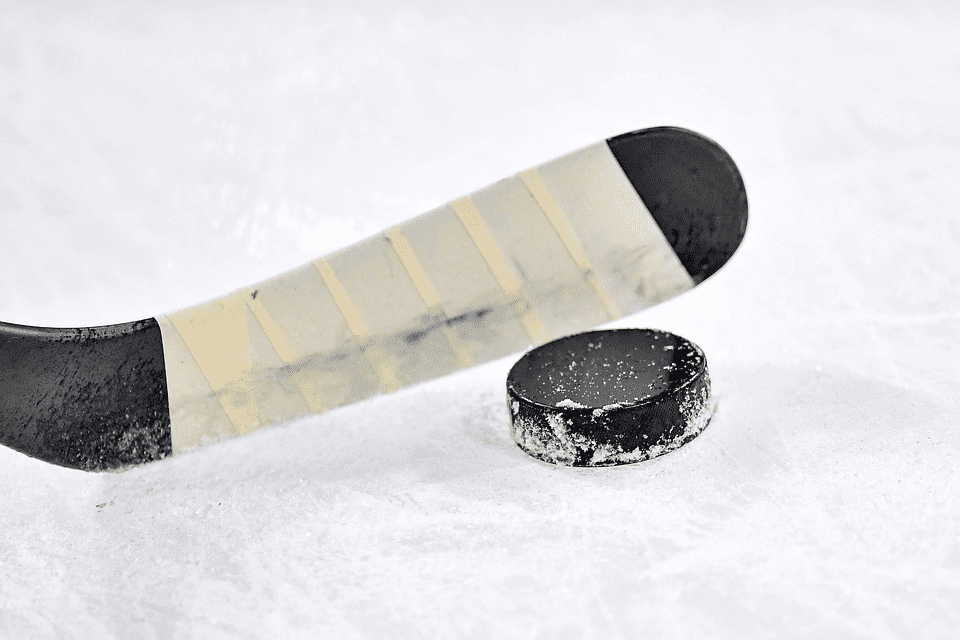
Stress can become a constant companion for students in the high-pressure college environment. However, engaging in sports, particularly hockey, can provide an effective stress-coping strategy. It helps reduce stress and anxiety and leads to a sense of calmness after each session. After all, sports have long been recognized for their ability to promote physical and mental well-being, and hockey is no exception.
In fact, playing hockey is among the most efficient ways for college students to unwind and relax from their challenging academic life. It creates a unique environment that allows students to temporarily escape from the demands of their studies, school routines, and academic pressure. The fast-paced nature of this sport, the physical strain, the need for concentration, and the sense of teamwork and companionship all contribute to hockey’s ability to reduce stress and provide an outlet for students to recharge.
So, let’s explore all the possible ways playing hockey can help students relax from studying in college.
Immense physical activity
Firstly, hockey is an intensely physical sport. It is by far more demanding than many collective sports out there. Hockey requires players to give all of them on the ice. As a result, they leave physically exhausted after each session. However, such pressure can lead to promising benefits.
For instance, physical activity has long been scientifically proven to release endorphins – natural mood enhancers. Students participating in hockey experience a surge of these feel-good hormones. Such hormones replace cortisol levels which may spike after a stressful college environment. Meanwhile, they also boost one’s confidence and mood, encouraging them to tackle other challenging tasks on their list.
In addition, physical activity also promotes better sleep, which is essential for proper brain work. Thus, getting enough rest is crucial for maintaining focus, having good memory retention, and overall performing well academically. Altogether, by participating in hockey and tiring themselves out on the ice (in a healthy way), students ensure a more restful night’s sleep and a better mood and focus the next day.
Escapism
Also, playing hockey gives students an excellent opportunity to temporarily escape the pressures of academic life. College can often be overwhelming. Students may get too focused on deadlines, exams, new social responsibilities, and the constant pursuit of academic success.
Engaging in a different activity, especially one like hockey, allows students to divert their attention. They must stay focused on the game at all times, ultimately shifting their focus from studies to being present in the moment. Sometimes, that’s what escapism is all about. It is about leaving your stresses and worries about the past or present and being in the moment.
Plus, the change of scenery and such a mental break can be immensely refreshing, offering much-needed rest from college stressors. It allows students to recharge their mental state. As a result, students return to studies with renewed energy levels and a clear mindset.
Social engagement
In addition to the physical and mental benefits, hockey fosters friendship and encourages social engagement. Players have to work together to succeed. Such teamwork happens not only on the ice but in real life, in the locker room, during match celebrations, etc. Hence, being part of a team provides an opportunity to socialize outside school and build new relationships and friendships.
Besides, players can find a true sense of community among each other. The teammates already share a common interest and can be very like-minded. Students often suffer from homesickness and loneliness. Such feelings contribute to mental health crises and can affect one’s ability to resist stress. Social engagement like that will reduce or prevent the risks of getting depressed due to a lack of fulfilling communication.
Overall, the shared experiences, victories, and even defeats on the hockey field can create strong bonds among teammates, offering a sense of belonging and support beyond the sport. These connections can provide students with a support system essential for managing stress.
Skill building
Lastly, hockey helps build important life skills that can advance students academically and personally. This sport teaches young people discipline, time management, determination, and teamwork. These skills are necessary for academic pursuits, too. These skills not only enhance their academic performance but also help them navigate the challenges of college life more efficiently.
In addition, balancing hockey and academic responsibilities also requires good organizational skills and responsibility. Hence, students learn to prioritize their time effectively and set priorities even through the busiest of times. Fortunately, young hockey players can run their assignments by speedypaper.com whenever they need academic assistance. It is the right way to be there for the team without sacrificing school achievement.
Bottom line
Playing hockey can be an effective way for college students to relax after a long day at school. The tiring yourself out, release of endorphins and improved sleep patterns contribute to stress reduction, higher energy levels, and a better mood. Overall, students who engage in sports, especially such demanding yet rewarding and social sports like hockey, benefit from living a more fulfilling college life, building valuable skills, and making new friends along the way.







